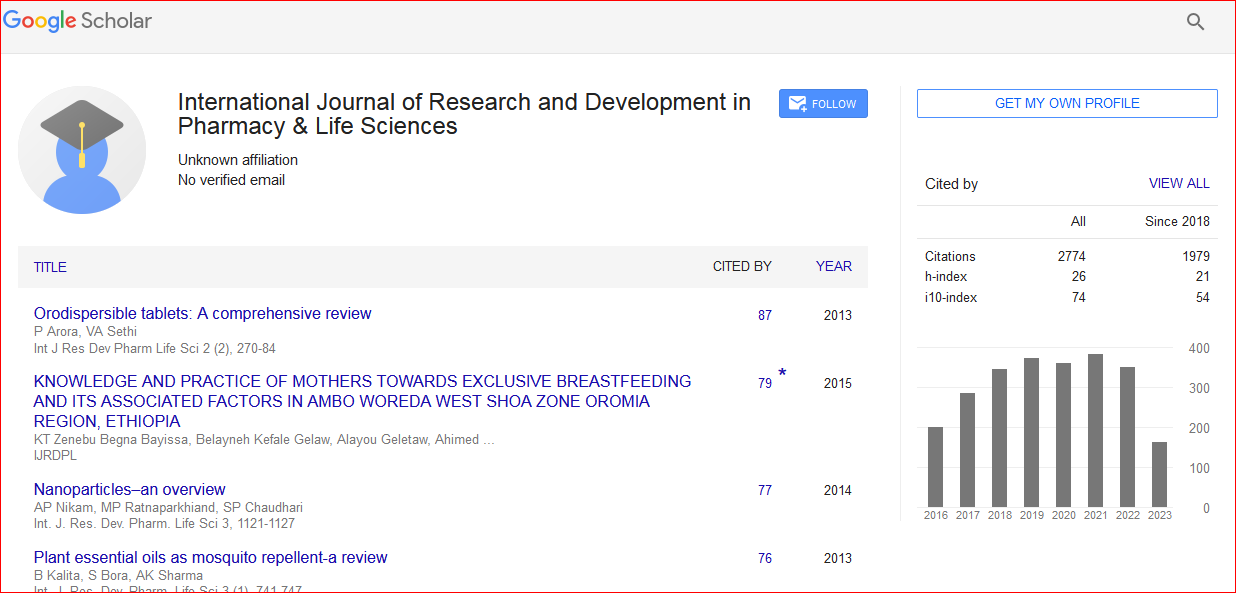Review Article
EPIDEMIOLOGIC EVIDENCE OF GASTRIC CANCER PROGNOSIS: ROLE OF DIETARY FACTORS
Abstract
There are geographic and ethnic differences in the incidence of gastric cancer around the world as well as with its trends for each population over time. The incidence patterns observed among immigrants change according to where they live. All of these factors indicate the close association of gastric cancer with diet. This review presents epidemiological evidence on the association between dietary factors and gastric cancer. Infection with Helicobacter pylori is a strong risk factor of gastric cancer however smoking, alcohol, diet, genetics and epigenetic factors may also play a role in the occurrence of this disease. The risk may be increased with a high intake of various traditional salt-preserved foods and decreased with a high intake of fruit and vegetables. Among them, vitamin C is a probable candidate supported by a relatively large group of epidemiological evidence. Consumption of green tea is possibly associated with a decreased risk of gastric cancer. In contrast, processed meat and N-nitroso compounds may be positively associated with the risk of gastric cancer. In conclusion, dietary modification by reducing salt and salted food intake, as well as by increasing intake of fruit and vitamin C, represents a practical strategy to prevent gastric cancer.

 Spanish
Spanish  Chinese
Chinese  Russian
Russian  German
German  French
French  Japanese
Japanese  Portuguese
Portuguese  Hindi
Hindi 
